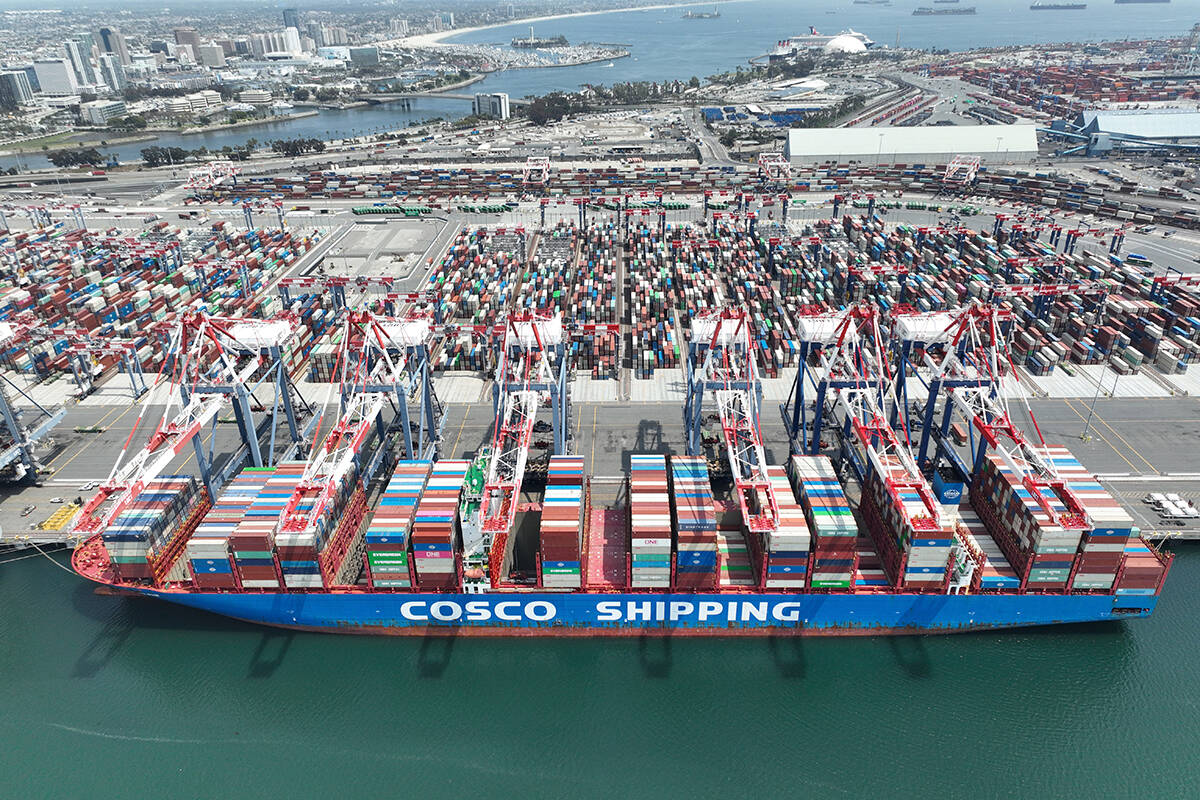Within a week, Canadian canola exporters will have the documentation
they need to apply for licences to ship canola to China.
But don’t expect to see fleets of canola-filled vessels sailing for
Shanghai. The Chinese are no more keen on buying expensive Canadian
canola oil now than they were during the winter, said Statcom Ltd.
analyst Nolita Clyde.
“Near term you’re going to take (soy)beans before you take canola, and
you’re going to take soybean oil before you take canola oil,” said
Read Also

U.S. softens fees on Chinese shipping
The U.S. starts charging new fees on Chinese ships on Oct. 14. What are the ramifications for their ag exports?
Clyde, noting China’s price sensitivity.
Canadian exporters have not been allowed to unload canola in China
since March 20, when the Chinese government imposed a new approvals
process for genetically modified products.
Canola Council of Canada president Barb Isman said the Canadian
industry has put together a standardized package of documents from the
creators of the genetically modified varieties, the Canadian Food
Inspection Agency and Health Canada, which should allow exporters to
get temporary approvals.
Permanent approvals for imports won’t be issued for months.
“We have what we think is acceptable documentation … to meet their
requirements,” said Isman.
“It is going to be an arduous process in terms of paperwork, but as
much as we can, we will remove the potential for rejections on the
basis of having the wrong paperwork. We’re working with the industry to
do that.”
Clyde said China has imported little Canadian canola this year because
of its high price compared to soybeans. That’s unlikely to change soon.
China’s own crop will soon be harvested, and that will be used before
buying foreign supplies.
However, if China starts buying more soybeans and soy oil once U.S.
exporters get licenses, canola will indirectly benefit. Canola prices
have been held back by high vegetable oil supplies, so any lessening of
world supplies will help.
“Overall, it’s good for the complex,” said Clyde.
“We get to where they’re going to be using canola or canola oil sooner.”
But for the near term there isn’t much chance that Chinese demand will
ignite canola prices.
“The trade just doesn’t seem to care. There’s no reason to be too
concerned” said Clyde.

















